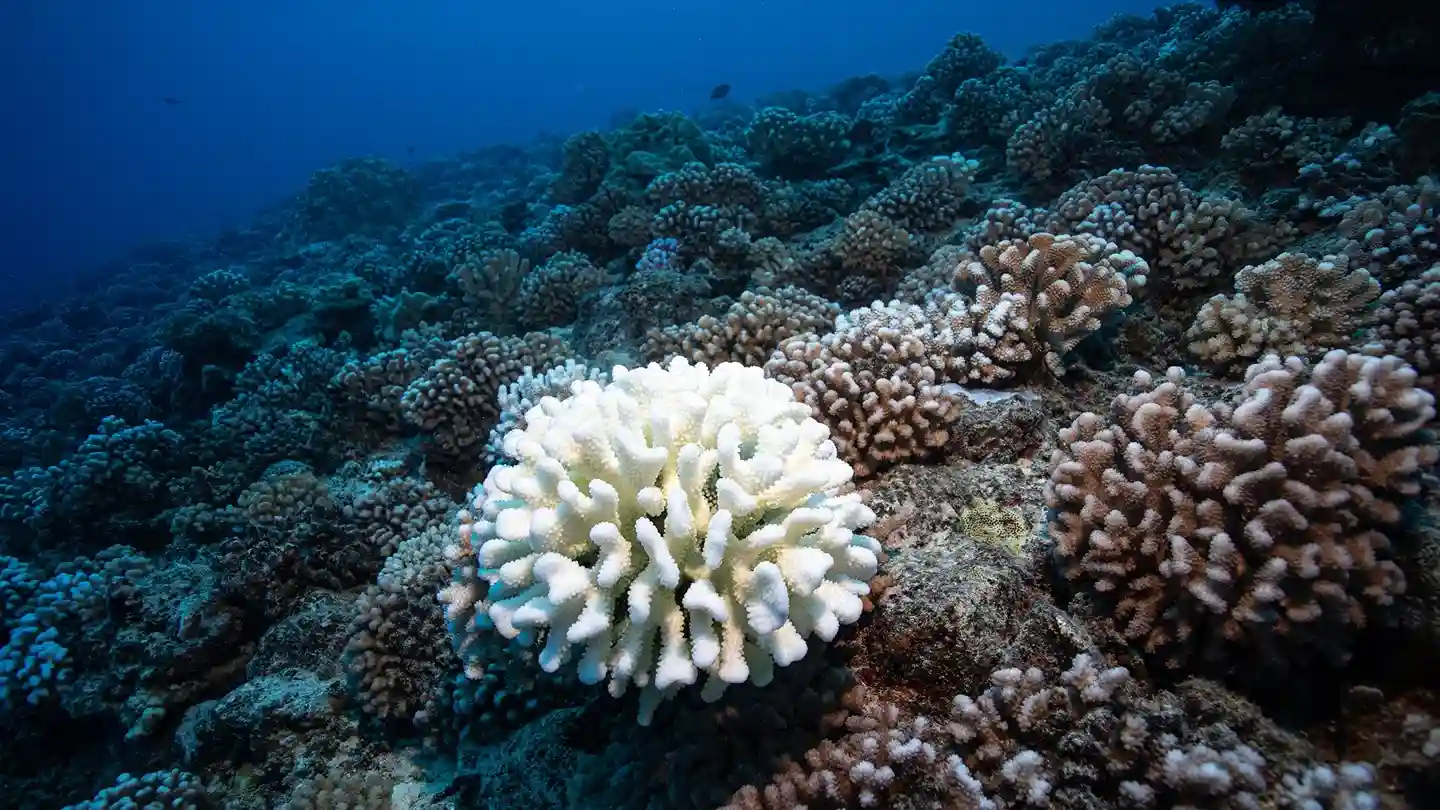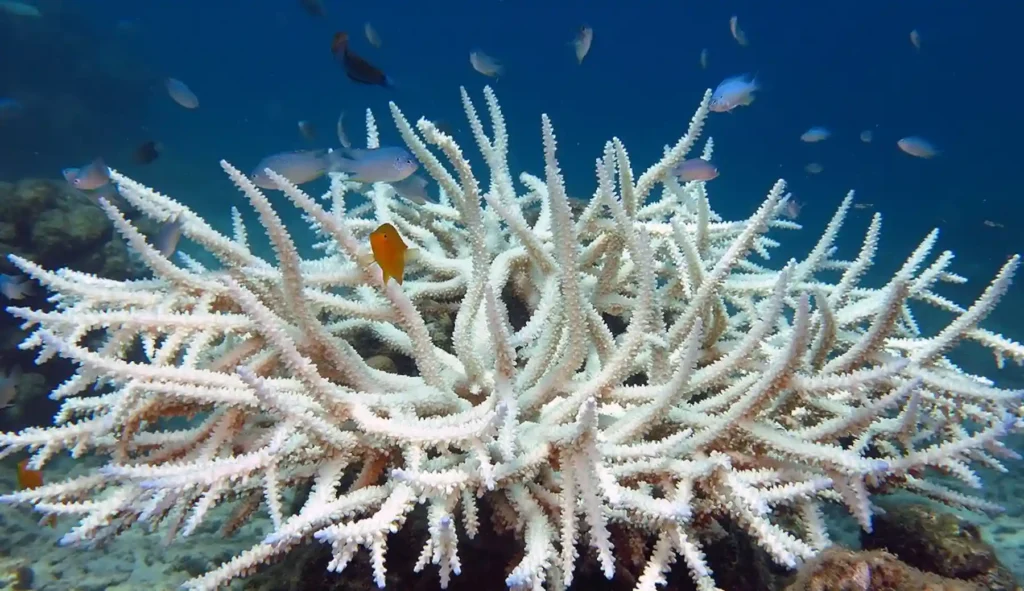Coral Reefs are Undergoing the Fourth Global Bleaching Event, Says Global Monitoring Body

Coral reefs worldwide are facing unprecedented devastation as the fourth global bleaching event in three decades grips coastlines from Australia to Kenya to Mexico. Scientists caution that the this year’s event, which was jointly declared by the International Coral Reef Initiative and NOAA, may be the largest to date.
(Also read Jonathan Hill Resigns as FAI CEO, David Courell to Take Over as Interim Chief.)
Fourth Global Bleaching Event Devastates Coral Reefs Worldwide
Rising ocean temperatures due to climate change have triggered mass bleaching across at least 54 countries and territories since February 2023, according to NOAA’s Coral Reef Watch. Corals cannot survive without the vibrant algae that give them vital nutrients; this results in mass die-offs.

El Nino climate patterns also corresponded with previous bleaching events in 1998, 2010, and 2014–2017, which increased sea surface temperatures. This year’s bleaching is compounded by record-breaking heat due to climate change.
Scientists express concern that many reefs may not recover from the prolonged heat stress. Despite earlier predictions, corals are suffering severe damage even with just 1.2 degrees Celsius of warming.
The Great Barrier Reef, already hit by four bleaching events in nine years, is experiencing extreme bleaching, with nearly half of surveyed reefs showing high or extreme levels of damage. Similarly, Indian Ocean reefs have suffered, though cooler conditions have mitigated some stress.
Experts emphasise the urgent need to curb carbon emissions to prevent further coral decline. Coral reefs support $2.7 trillion in annual ecosystem services, thus losing them would have a catastrophic impact on both marine biodiversity and coastal communities.
LATEST NEWS
DISCOVER MORE





